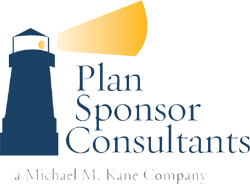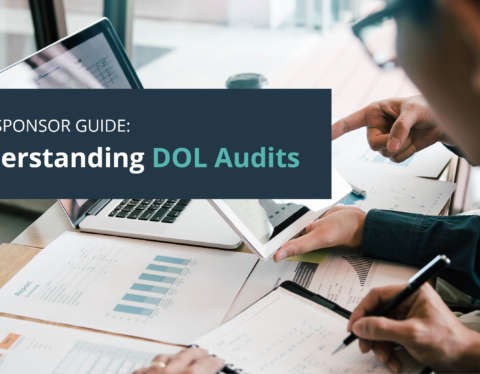There is nothing quite like a looming deadline to bring your retirement plan documentation in order. Indeed, you now have just under a year to meet the April 30, 2016 Mandatory Plan Restatement deadline!
Today, many employer-sponsored plans are operating in “good faith” for implementing 408(b)(2) amendments and the new rules brought in by the Pension Protection Act (PPA). While plan amendments are sometimes sufficient, the vast amount of changes and requirements that are now in place require a more thorough review and formal Mandatory Plan Restatement.
Fortunately, you still have time to do more than just meet the deadline as you can also use this opportunity to review and evaluate your current plan to ensure it still meets your goals and objectives. A review period is also a great time to explore new plan design options and current industry best practices. Some of the top plan features you may want to add or modify include:
- Automation – Both auto enrollment and auto contribution increases are two helpful ways to encourage employees to save for retirement.
- QDIA – Enrolling employees in a Qualified Default Investment Alternative (QDIA) may help increase participation and retirement savings, while also providing you with a Safe Harbor to help fulfill some of your fiduciary responsibilities.
- Match Formula – There are several ways to structure your employer match contributions, so make sure yours encourages employees to save more for retirement.
- In-service Withdrawals – For employees over 59 ½ who want to keep working but with reduced hours, consider offering them access to their retirement savings to supplement their income.
- In-plan Roth – Offering both a 401(k) and a Roth offers employees more tax diversification. A Roth can especially benefit younger employees because while they pay taxes on the money up front, the compound interest earned can add up to considerable tax-free retirement income.
- Discretionary Profit Sharing – Evaluate your allocations to make sure they are still in line with how you want to reward your employees.
Once you design your final retirement plan policy, you can then execute the required plan restatement paperwork to request an IRS determination letter. At the same time, outline your employee communication plan to include distributing the updated summary plan description (SPD) to all employees. Depending upon any changes you make, you may also want to include new educational support material and training.
Throughout the Mandatory Plan Restatement process, it’s important to collaborate with your advisor, plan service providers and employees. Together, we can make the deadline a great opportunity rather than a headache!
The opinions voiced in this material are for general information only and are not intended as authoritative guidance or tax or legal advice. You should consult with your attorney or advisor for guidance on your specific situation. Withdrawals from a Roth 401(k) may be tax free, as long as they are considered qualified. Limitations and restrictions may apply. Future tax laws can change at any time and may impact the benefits of Roth accounts.



